 Calm after the storm
Calm after the storm Tourism in Fiji was floored by the 2006 coup. But the island nation has plenty to offer and little to fear. Peter Bingham reports.
Fiji's greatest earner is on the ropes.
Tourism, which outstrips sugar cane production for income, is reeling from its third sucker punch in 20 years.
People from the main markets of Australia and New Zealand have stayed away in droves since the December, 2006 coup led by Colonel Frank Bainimarama.
It floored the industry after the governments of the trans-Tasman neighbours slapped grade one travel warnings on the island republic.
The flow of visitors from Australasia dried up overnight just as it did following the coups of 1987 (Sitiveni Rabuka) and 2000 (George Speight).
There are other pressing problems facing this interim regime such as corruption, drugs, street crime, roading, inflation and unemployment.
But tourism is its backbone and the industry is just staying afloat thanks to support from Europe, Asia, and the Americas.
Scraping itself back off the canvas is the Fiji Islands Visitors Bureau which has the job of getting Kiwis and Ockers back on its beaches.
And it has lofty aims.
"We have a target of 570,000 tourists in 2008 and we hope at least 100,000 of those will be Kiwis," Tom Valentine, the bureau's senior marketing officer, said.
"We have to be smart with our marketing. There is tough competition from our rivals in Indonesia, Singapore, Hong Kong and Thailand and our budget is minute compared to theirs."
By smart he means concentrating on things such as Fiji's allure as a wedding venue.
"That's a growth business. Someone gets married in Fiji every day and more and more tourists are tying the knot at our resorts or on our beaches."
Diving, water sports, cruising and backpacking are other top attractions.
The bureau was well aware of the dangers of dependence on Kiwis and Australians.
"We are always diversifying and can't rely on the golden goose to keep laying eggs. Recently Gordon Brown (England's new PM) agreed to wear a red flower behind his ear and appear on our advertising in London. We had huge hits on our website but their press took exception to their PM being involved in such a campaign and we had to stop."
You can't fault the optimism and enthusiasm of the bureau and inviting journalists over to view the state of the republic under military rule is part of the campaign.
Suva (Mr Bainimarama's base), was not part of the itinerary but there was no sign of the military anywhere else other than the Fiji Army's sevens team at a tournament in Nadi (they won it after a protest).
The first stop was two days at the Warwick Fiji Resort and Spa on the Coral Coast about midway between Nadi and Suva.
The second stint involved 48 hours on Tai (Beachcomber) Island and then two days on Denarau Island's Radisson resort.
WARWICK FIJI RESORT: A freak tidal surge caught the 250-room resort by surprise a few years ago sucking tables, chairs, fridges and other whiteware out to sea as the waters retreated.
"You should have seen them bobbing in the waves," long-time manager Jack Stark said.
"The electrical gear was ruined and the furniture "disappeared"; there were a few happy villagers I believe."
The quirk of nature didn't phase Stark. It just provided an opportunity to develop the vision he has for the resort.
"The waves smashed in to our southern end hardest and destroyed our store room. I'd been wanting to add a spa for some time so that's what we did."
This is a user-friendly resort. One wing is dedicated to family bookings and the other to adult visitors which provides welcome relief from the ankle biters. The same rules apply to the respective pools.
A wedding stopped plans for an evening meal in the Wicked Walu Restaurant, sitting atop an outcrop of rock and specialising in seafood.
Weddings are a big part of the Warwick's business. So much so that the guest pack itemises all costs from involved in tying the knot.
"Usually the biggest hiccup is couples forgetting to get a marriage licence. The office closes at 4.30pm on a Friday in Sigatoka and that's that ... no licence, no wedding.
"People see other couples getting married and want to do the same straight away," Mr Stark said.
Half an hour back down the road from the Warwick is the Kula Eco Park, Fiji's only wildlife sanctuary.
It was originally a bird park established in the 1980s but it was eventually abandoned and left in a shocking condition.
"We re-opened in 1997 with an elevated walkway and have built the park up to its current state over the past 10 years," co-owner Ramesh Chand said.
Iguana, falcon and ground frog breeding programmes are a key part of the park's business which employs 24 people.
"We are privately funded and have yet to break even but we see the park as a vital part of Fiji's education system," he said.
In their best year (2005), 40,000 people visited the park including 15,000 school children.
Illegal trade in iguana and native parrots was of concern.
"There is a case going on in Los Angeles now where a man is charged with illegally importing a pair of Fijian banded iguana with a street value of $30,000.
"We know locals have caught and traded native parrots for $100 each to passing yachties who resell them for much, much more. Fiji has no resources to control that so it is a concern."
The second tourist venue of the morning was Tavuni Fort Hill on the Sigatoka River.
It was the highly fortified settlement of Tongans who arrived on the island in the early 1800s.
It harbours the history of fierce tribal wars but lay overgrown for years once the Tongans were forced out by the British troops in 1876.
Clearing of the site began in the 1970s and once restoration was complete the fort was opened to the public in 1997.
Albert Kurivitu has been its guardian since clearing began and has a distinctive style as he tells tales of the site's bloody past.
"They were smart warriors and there were few ways to get in," he said.
"When the Fijian raiders came, many were caught and were dragged to the killing stone, held down, clubbed and carried off to be cooked and eaten."
Takeaways were born.
The killing stone remains although it mysteriously split in three once Christianity came to the island.
"Legend says it was God's way of showing the days of killing and cannibalism were over."
BEACHCOMBER ISLAND: I arrived late on this outcrop ... by about 30 years. This is the Ibiza of the South Pacific and I should have been wary when the ferry skipper announced it "was an island where the young go to get lucky". Comforting for a 54-year-old.
At first I thought I was at a conference of the illiterate.
A prominent sign clearly stated nude or topless bathing on the main beach was offensive to island staff.
Three girls couldn't read. But they could dance and were all go as the sun went down and the band tuned up.
An auction of hermit crabs for an "international" race was a highlight of the first night's entertainment and the only chance of a punt.
Marley of Jamaica won from Ronaldo of Brazil. Bruce Lee of China was scratched for wont of a bid and All Black of New Zealand (which I bought for $12) didn't get started just like in the World Cup.
This island offers cheap fare for the young tourists. Accommodation in a 90-bed dormitory goes for $88 a day which includes three meals-a-day and the food is outstanding. Drinks are extra.
This is definitely not the retreat for those in the health and safety game. The weekly visit of the supply freighter Kaiwai would have given them apoplexy.
There were the workers, unloading kegs, 44-gallon drums and other cargo in bare feet and baseball caps and not a missing digit to be seen. Even the tractor driver was shoe/bootless. What a refreshing sight.
RADISSON RESORT: Gate-controlled Denarau Island is home to a host of top-of-the-range resorts and the Radisson is as plush as they come and only three storeys.
Nothing in Fiji is more than three storeys because building law dictates no building can be higher than a mature coconut tree. I like that.
The bed in room 359 was as big as they come. You could lie crossways and still not touch the sides. Bit of a waste for a solo traveller, really.
The recreation area was massive with three pools and a shark-netted area for those preferring salt water.
But it was the Harmony Island section that intrigued me.
Not knowing quite what to expect, I ventured in and a very pleasant receptionist asked if I would like a look at one of the thatch roofed rooms.
The directions were unfortunately muddled in translation and I peeked in to an occupied unit much to the dismay of the occupant(s).
A very embarrassed Kiwi retreated to the bush with a brochure in hand.
This was a retreat to massaging bliss apparently and everything was itemised.
There was the basic 30-minute Harmony Island massage ($50), a stone massage which involved an hour of something, a four-hand massage and a massage for couples.
The last three set you back $190-apiece.
I was just sad I had run out of money.
The Radisson is directly opposite the 18th fairway of the Denarau Golf and Racquet Club, former home of the Fiji Open.
An early morning tee time was prearranged and I was joined by the only cluster of three Aussies encountered in three days.
They were good blokes, Damien (plumber), Shane (dairy farmer) and Mike (sales manager), but like me were bemused as to why Fiji re-routed its water system through the middle of the course.
In between more than a few birdies, pars, oaths and water-bound balls we did our bit for trans-Tasman relations and wondered why others from our countries took so much notice of government warnings. There is holiday danger because of the coup.
Peter Bingham travelled to Fiji courtesy of Air Pacific and the Fiji Islands Visitors Bureau.
WEATHER NOTECompanies must plan for disasters
Dubai: The UAE's private sector needs risk assessment plans as companies need to be prepared for potential natural disasters among other risks and adopt international best practices, oficials say.
With the business continuity management system, companies will be able to assess their main operational areas, and plan and test necessary alternatives in case of disasters.
"Companies in UAE are aware of potential disasters but don't have actual plans in place," said Theuns Kotze, managing director for the Middle East and Africa, BSI, a management systems assessment services company, which is holding roadshows in the UAE this week.
Fragile
In a thriving economy such as Dubai, companies are dangerously unprepared for disaster. "A fast growing economy is fragile to potential disaster that can halt business. Companies here expect business to do well all the time, so they don't keep in mind that anything disastrous can happen," said Kotze, whose company will certify companies that have gone through the process of verified tests.
"An economy is only as strong as its ability to recover from disaster. If the companies are prepared, the economy will be prepared," Kotze said. "If companies struggle, the economy will struggle."
While natural disasters are hardly considered in Dubai, financial risks are very much assessed.
"A lot of companies are doing risk assessments as world prices go up," said Kotze. "Companies should not take risks that are not sustainable. Even if perfect alternatives cannot be found, companies need practical alternatives," he said.
The Northwest Indiana AMS/NWA Great Lakes Meteorology ConferenceThe 6th Annual Great Lakes Meteorology Conference will take place on April 5, 2008. It will be held at Old Town Banquet Center in Valparaiso, Indiana, and will feature keynote speaker Dr. Louis Uccellini, director of the NOAA National Centers for Environmental Prediction. Also speaking will be Dr. Jeff Trapp, Mike Umscheid, and Ginger Zee, among others.
REGISTRATION INFORMATION IS POSTED BELOW.
Doors open and registration will begin at 9 AM CST and the conference will officially begin at 10 AM CST. Continued
Watch for warning signs of severe weather
By Jim Nitz , Lincoln County Emergency Management Director
Almost everyone is familiar with the weather indicators which are indicative of pending severe weather; warm temperatures, high humidity and developing cumulus clouds indicating thunderstorm development with lightning. When these conditions are observed it is time to listen closely to the electronic media regarding weather conditions.
The National Weather Service office has back up generation capability to enable them to broadcast weather information to battery operated radios even if commercial power sources are interrupted. A complaint about the older style of NOAA radio was that it broadcast watches and warnings for the entire area covered by the local National Weather Service office whether your county was included in the watch/warning area or not.
The newer NOAA radios have a specific code built into them which allows you to receive only the watch/warning information issued for your county. And, NOAA radio can be used by Emergency Management to broadcast other emergency information that is not weather related. Severe weather forecasting has improved immensely over the past few years due to improved technology. Information now issued is very timely and forecasts indicate what time a storm could be entering your particular area and the severity of it allowing you and your family to take protective actions.
Watches This is an awareness issue. When a severe weather watch is issued, it simply means that conditions are favorable for the development of severe weather in and close to the watch area. At this time, people need to check their emergency kit to and be prepared to move to a place of safety if threatening weather approaches.
Warnings A warning is issued by the National Weather Service when radar, or a storm spotter, detects severe weather. Information in the warning will include the affected areas and the threats associated with the storm. Those in the warned area should seek shelter immediately. Last year, a severe thunderstorm drove hail through windows and across rooms in the Sutherland area. Severe thunderstorms can produce tornadoes with little or no warning. Occasionally, warnings can be issued without a watch already in effect. Warnings will be issued by the E911 center over cable television when received from the National Weather Service. But, depending on the age of your TV you may, or may not, receive them. This is due to a technical issue with the cable TV operator, not the E911 center. A NOAA weather radio is particularly important if you have satellite TV because you will not receive local warning information over satellite TV.
Sirens There is misunderstanding as to what the sirens are supposed to accomplish. Most folks think the sirens are designed to wake them up out of a sound sleep in their homes. Depending upon the location of the siren and the direction and speed of the wind that may happen. But, the fact is the sirens are designed to alert people who are outside that something is occurring and that they should go inside and listen to the media for information. Federal law limits the audio output of sirens so that they don’t damage the hearing of those very close to them. While most people want to hear the sirens, the problem becomes one of “NIMBY”.
In other words, we need sirens, but “Not In My Back Yard”. A few years ago, the city of North Platte moved some sirens in order to provide more effective coverage of some areas of the city. All areas of the city are covered by at least one siren. Most areas are covered by two sirens that overlap the coverage area. And this does not include the sirens at Bailey Yard. Each siren covers an area of three square miles. In North Platte, a policy has been in effect for a number of years that sirens will be sounded if a tornado is approaching the city and gets within five miles of the city. This policy also applies to the Lake Maloney area for which the E911 Center controls the sirens.
MARITIME NOTES
Stricken cargo vessel off Esperance31st March 2008, 15:30 WST
A Bahamas registered cargo ship is sitting 150 nautical miles off the Esperance coast after a fire forced it to shut down its engines.
Emergency services crews in Esperance are on standby while they wait to hear whether an evacuation or rescue is required.
The vessel, MSC Lugano, reported the fire to the Australian Maritime Safety Authority at 12.30pm today sparking an emergency response that included a search and rescue aircraft being sent from Perth to monitor the vessel.
A spokesperson for AMSA said the fire has been extinguished and the vessel's master was waiting for the engines to cool before the extent of the damaged could be assessed.
The spokesperson said none of the 25 crew had been injured in the fire and the ship was expected to restart its engines later this evening or by tomorrow.
"There are no pollution issues, the vessel is at anchor and not drifting, it is not sitting in any shipping lanes and no one is injured," the AMSA spokesperson told the west.com.au.
The 35958 tonne ship was travelling from Adelaide and Fremantle when the fire started.
JANE HAMMONDRS










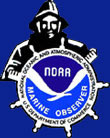





















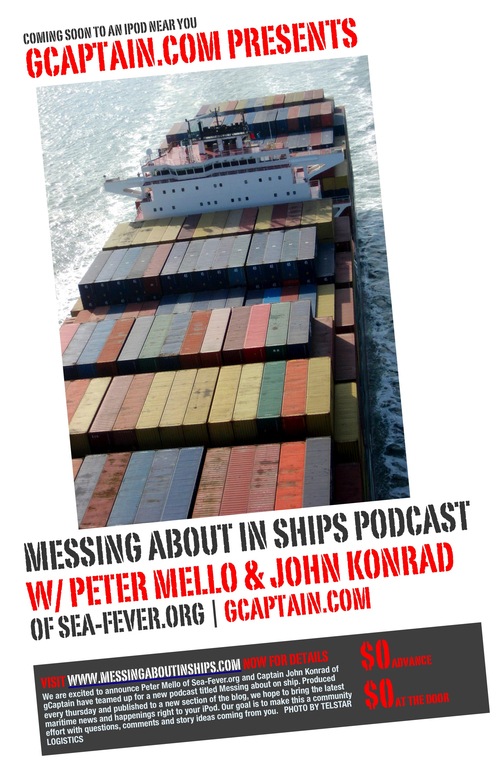
























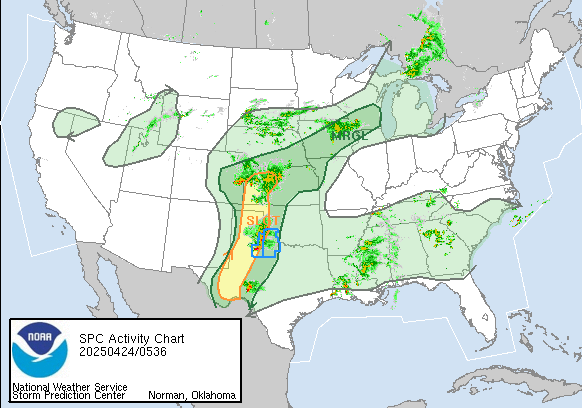
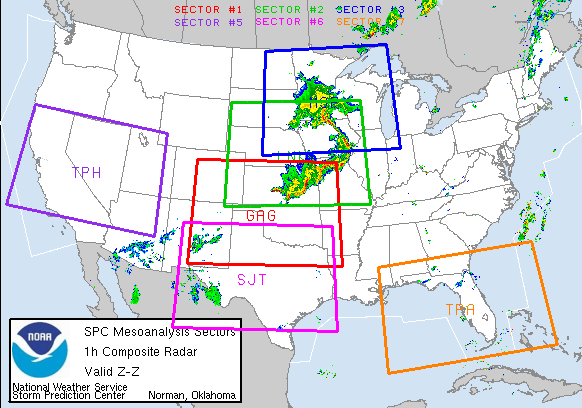














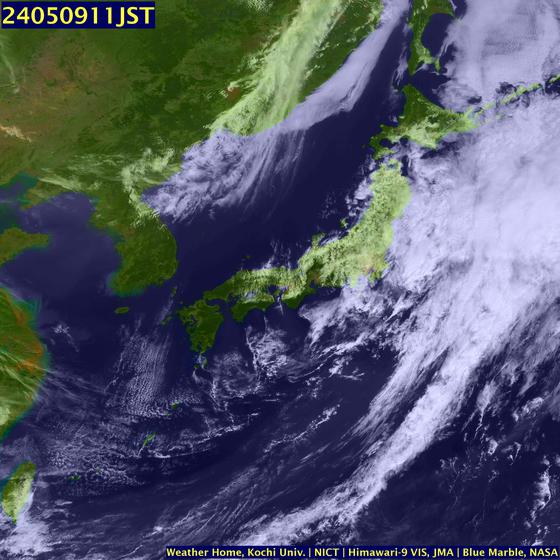

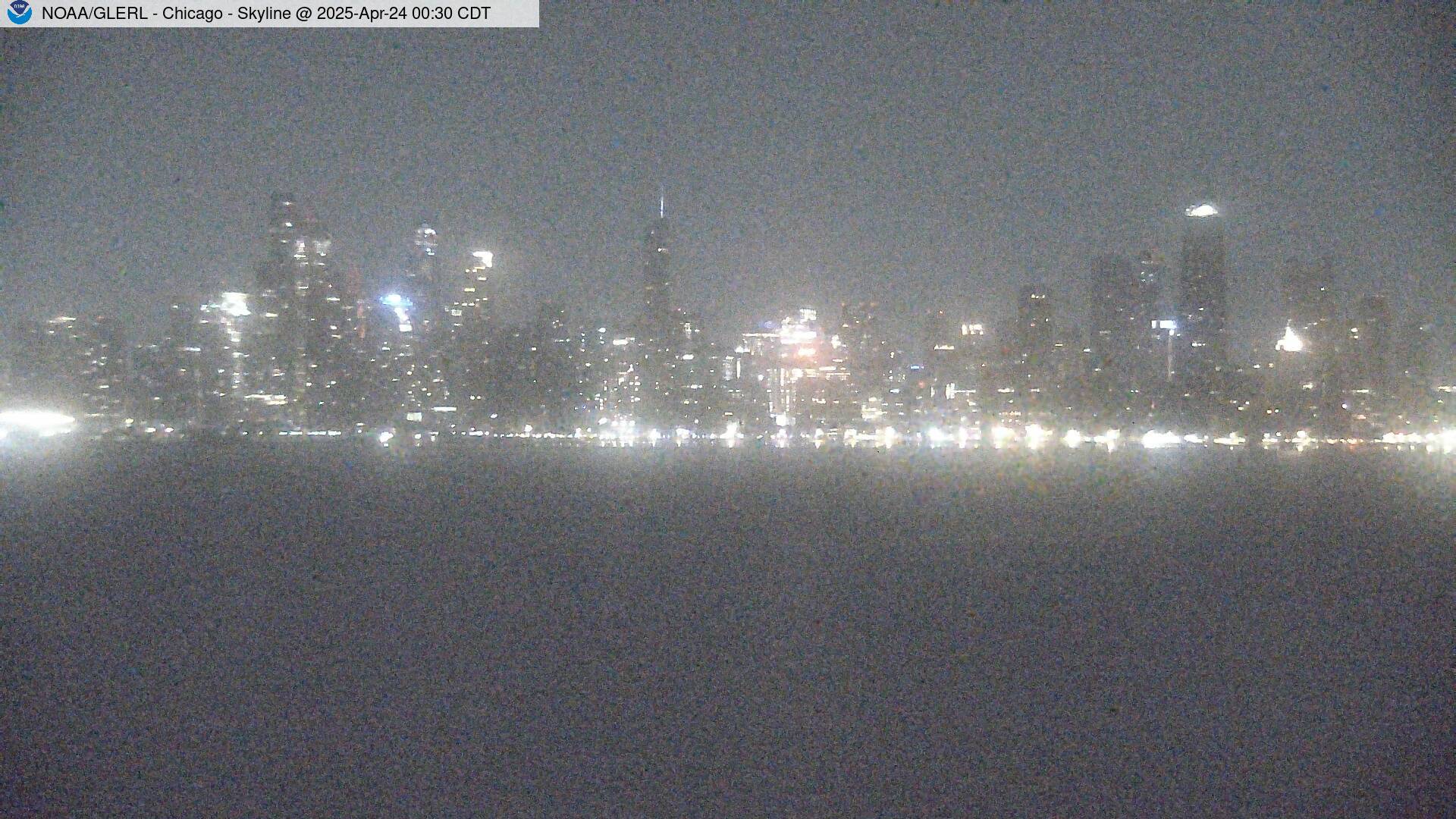











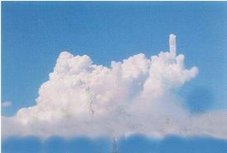
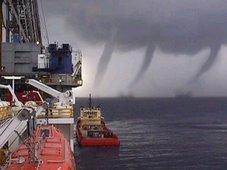
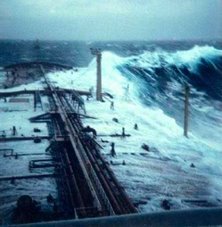
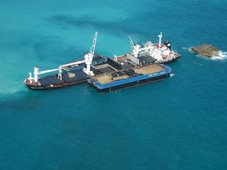
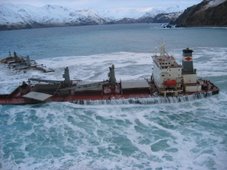
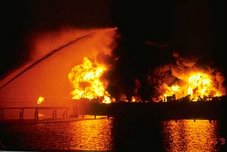
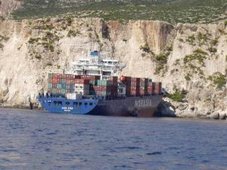
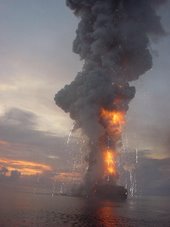



![Validate my RSS feed [Valid RSS]](valid-rss.png)